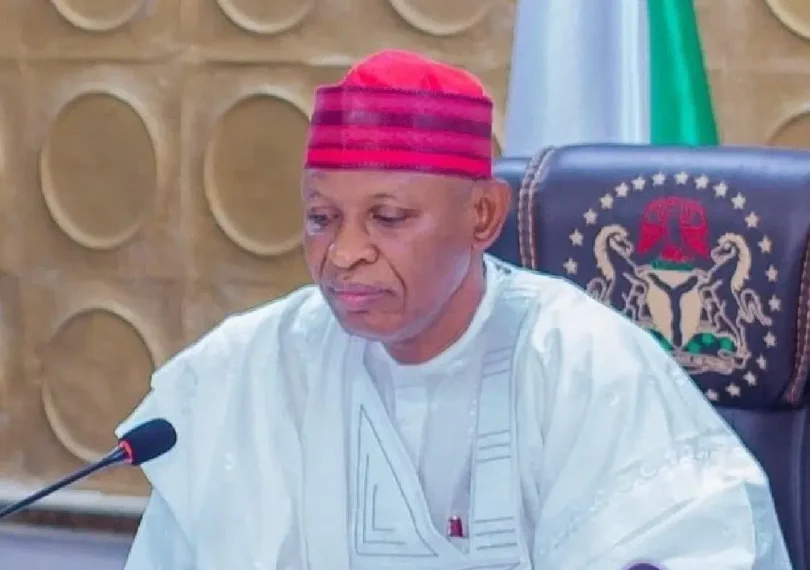The Kano State Government has strongly rejected a recent report by the Wole Soyinka Centre for Investigative Journalism (WSCIJ) that ranked the state among Nigeria’s top three violators of press freedom.
Commissioner for Information and Internal Affairs, Ibrahim Waiya, in a statement on Thursday, described the report as “misleading, unfounded, and malicious,” accusing the authors of misrepresenting the state’s record on media freedom.
According to Waiya, the report, titled “Shrinking Freedoms: 2024 Journalism and Civic Space Status Report,” which listed Lagos, the Federal Capital Territory (FCT), and Kano as leading violators of press freedom, was a “mere figment of imagination by armchair analysts masquerading under the Wole Soyinka Centre for Investigative Journalism.”
He stated that the administration of Governor Abba Kabir Yusuf has consistently upheld transparency, open governance, and media engagement, contrary to the claims in the report.
“Kano State remains one of the most open, media-friendly, and journalist-supportive states in the country,” Waiya said. “Governor Yusuf’s administration has demonstrated unwavering commitment to promoting press freedom, professional development, and inclusive civic participation.”
Waiya highlighted that Governor Yusuf’s cordial relationship with journalists has earned him numerous recognitions, including multiple “Media-Friendly Governor of the Year” awards from national newspapers such as Vanguard, Blueprint, Leadership, ThisNigeria, Independent, and New Telegraph. He also cited international honours, including the African Governor of the Year for Good Governance award from the African Leadership Magazine and the African Good Governance Award from the African Heritage Magazine.
The commissioner added that the state was already working to domesticate the Freedom of Information (FOI) Act to further enhance transparency and access to information.
Waiya also emphasized Kano’s inclusive relationship with civil society organizations, noting that the government had hosted the first Civil Society Organizations Conference to promote dialogue on governance and accountability.
“In Kano, civil society groups have freely organized protests without intimidation,” he said. “In fact, Governor Yusuf personally received demonstrators during a recent ‘Bad Governance’ protest, listened to their concerns, and assured them of his administration’s commitment to transparency and good governance.”
He concluded by urging the Wole Soyinka Centre and similar institutions to ensure factual accuracy and field-based verification before publishing reports that could misrepresent states genuinely committed to democratic values.
“Anything contrary to this,” Waiya warned, “is mischievous, malicious, and misleading. Kano State will continue to uphold freedom of expression, responsible journalism, and open dialogue as pillars of democracy.”

